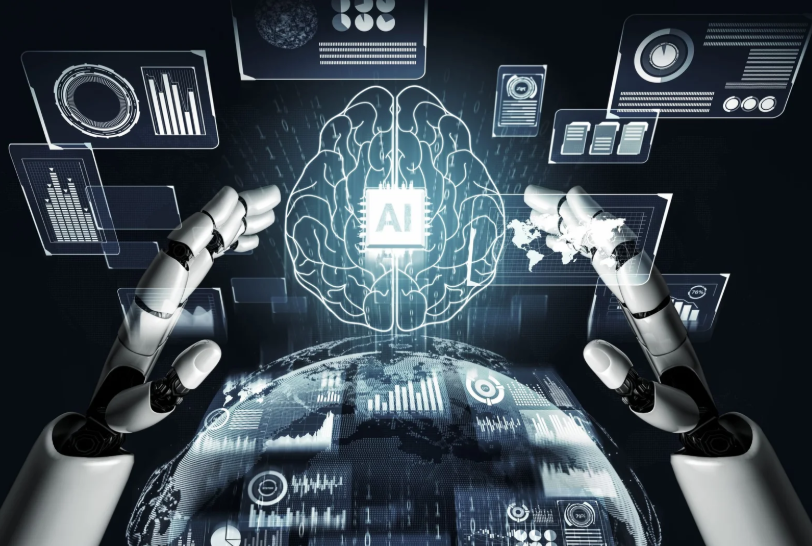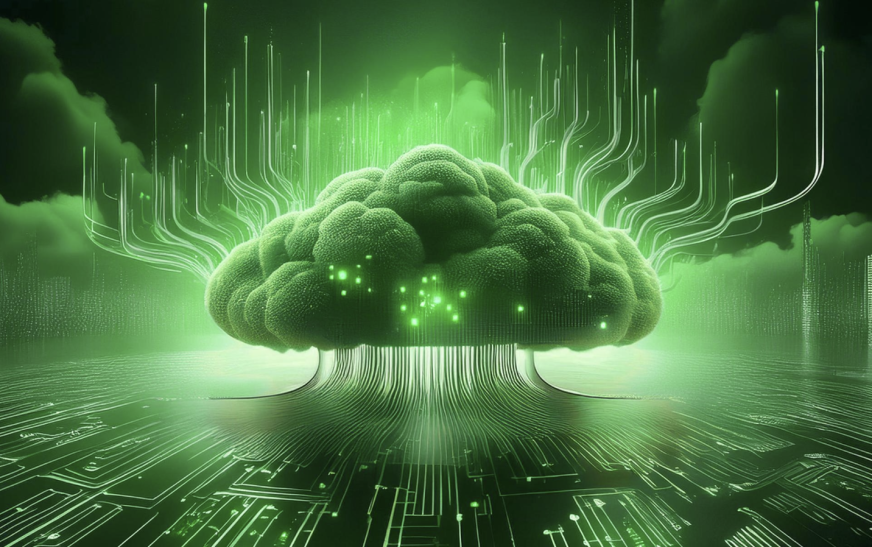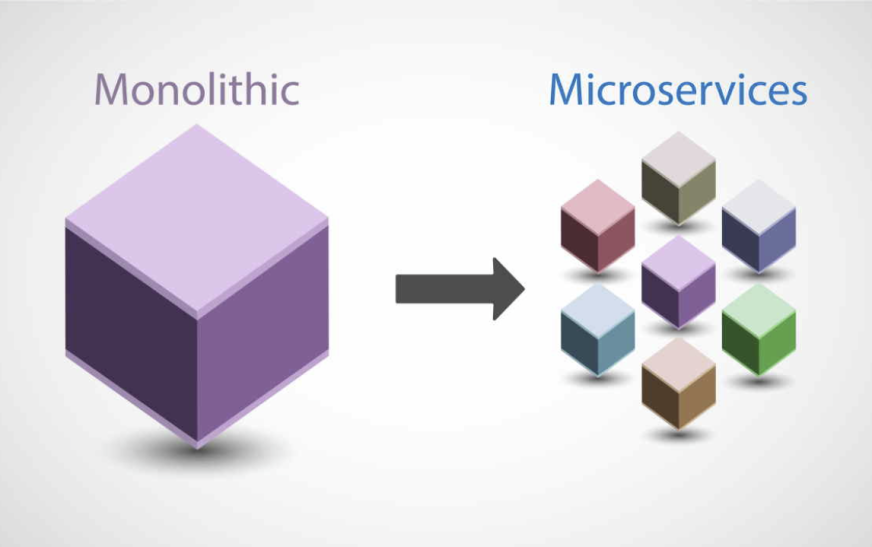
Understanding Artificial Intelligence
Artificial Intelligence (AI) refers to the ability of machines to perform tasks that typically require human intelligence. Through a combination of machine learning and deep learning techniques, AI models are trained on large sets of data to make intelligent decisions. The ultimate goal of AI is to replicate human cognitive processes such as learning, reasoning, and perception, enabling machines to perform complex tasks.
AI’s rapid development has led to debates about its potential. Some experts believe that AI could soon surpass human abilities in certain areas, while others remain skeptical, pointing out that many cognitive processes are deeply tied to human experiences and values. The way we define AI is also evolving. For example, simple tasks like basic calculations or text recognition are no longer considered AI since they’re now standard functions of any computer.
Applications of Artificial Intelligence
AI has a wide range of uses across various industries. Here are some of the key applications:
Military Use
AI can enhance military operations in several ways. It can improve weapon accuracy, streamline logistics, and assist with maintenance and training. By automating certain tasks, AI allows soldiers to focus on more critical missions. AI also plays a role in improving Command-and-Control systems, enabling faster decision-making and better strategic planning. It can even analyze the battlefield in real-time, predicting weather and environmental conditions that might impact military actions. For instance, AI could determine whether it’s safe to engage in combat or whether certain factors, like allergies, might affect the outcome. However, there are concerns about the potential misuse of AI in military settings, emphasizing the need for safeguards.
Robots and Automation
AI is widely used in robotics to program machines that mimic human behavior. These robots can perform tasks that are either too dangerous or too repetitive for humans. For example, AI-powered robots can operate cranes at construction sites, play chess, search the internet for information, and even deliver mail. The possibilities are endless, making daily tasks more efficient and safer.
Space Exploration and Science
In space exploration, AI is crucial for managing spacecraft, robots, and the overall environment on spaceships. AI systems monitor astronauts’ health and safety, track vital signs, and alert medical professionals if anything goes wrong. Additionally, AI is used in research fields to analyze data and make predictions, such as studying the behavior of space objects or even exploring distant planets.
Healthcare
AI is making significant strides in healthcare. It’s being used for early diagnosis, such as detecting lung cancer and diabetic retinopathy. AI can also predict health conditions, like epileptic seizures, helping doctors make better-informed decisions. Furthermore, AI is assisting in treatment plans by optimizing drug combinations or personalizing treatments for chronic diseases like diabetes. By using AI to ensure evidence-based treatments, hospitals can reduce costs and improve patient outcomes. AI is also being used in rehabilitation, with systems that analyze medical images to support recovery.
Advantages of Artificial Intelligence
AI is already transforming various aspects of life and holds great promise for the future. Here are some of the ways AI can benefit us:
- Healthcare Advancements: AI is being used to help researchers find cures for diseases like cancer and Alzheimer’s. By analyzing proteins in cells, AI is helping scientists understand their function and how they are linked to various diseases.
- Energy Efficiency: AI can improve the efficiency of renewable energy sources by predicting weather patterns and optimizing the performance of solar panels and wind turbines. AI can even be integrated into smart grids to allow consumers to sell excess energy back to the system, reducing waste.
- Sustainable Food Production: AI is also playing a role in producing lab-grown meat. By simulating animal biology, AI helps researchers develop meat alternatives that don’t require the slaughter of animals, contributing to a more ethical and sustainable food system.
Conclusion
Artificial intelligence is an exciting and rapidly evolving field that is already making a significant impact across various industries. While there are challenges ahead, such as ethical concerns and technological limitations, the potential for AI to improve our lives is vast. From healthcare to renewable energy to sustainable food production, AI is paving the way for a future that is smarter, more efficient, and more sustainable.













